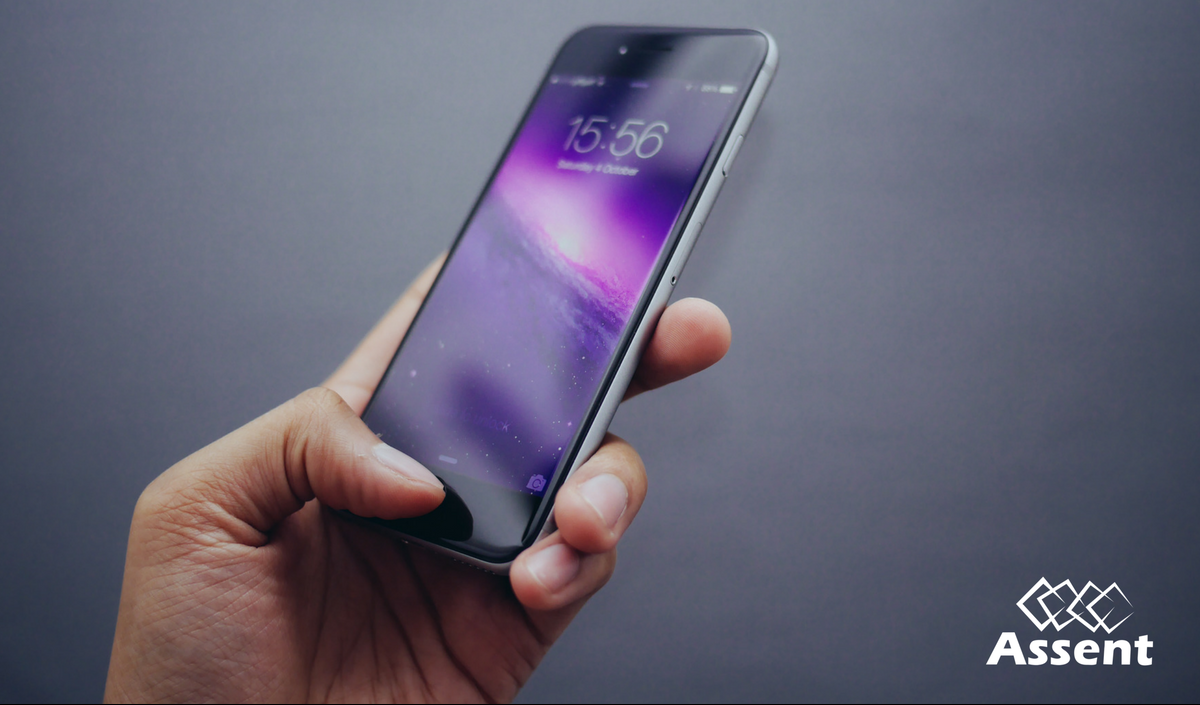Companies are beginning to look beyond tin, tantalum, tungsten and gold (3TGs) from the Democratic Republic of the Congo (DRC) and surrounding countries in conflict mineral tracking, expanding the scope of their programs to tackle responsible sourcing more broadly.
The European Union (EU) Conflict Minerals Regulation, which comes into force on January 1, 2021, aims to reduce conflict minerals sourcing globally, including from high-risk areas beyond the DRC. Impacted companies will be expected to follow regulations for responsible sourcing from conflict-areas.The European Commission will provide a regularly-updated list of high-risk areas.
Some companies have already enhanced their corporate social responsibility programs to ensure proper sourcing of minerals and smelter audits. For example, in Apple’s 2017 progress report, the company announced 22 smelters had been removed after it conducted third-party audits of all 3TG smelters and refiners from which it sourced 3TGs and cobalt.
Download Ethical Sourcing: Your Guide to the Expanding Landscape to learn about other materials you should include in your responsible sourcing initiatives.
It was the second year Apple released a full list of its cobalt suppliers, reflecting an increased focus on materials beyond 3TGs in responsible sourcing initiatives.
Samsung also released a progress report on cobalt sourcing, outlining the steps the company is taking to apply due diligence practices while supporting the DRC government’s efforts to legalize and supervise the mining sector.
Apple and Samsung join the list of companies expanding their sourcing initiatives to include cobalt. The mineral has become a hot commodity recently, with its price increasing threefold over the last 18 months, due in part to its presence in lithium-ion batteries. The DRC is the source of more than 65 percent of the world’s cobalt.
Companies are also developing initiatives around other minerals, such as mica and graphite, because of human rights or environmental abuses that have stemmed from their production in specific areas of the world.
Mica, which is often mined in regions of India that are known for the use of child labor and unsafe working conditions, is also being addressed by companies through responsible sourcing initiatives. L’Oréal, which uses mica as a pigment in makeup products, implemented its own sustainable procurement policy for mica sourced from India, highlighting its commitment to purchasing mica that originates from legal, gated mines where human rights are respected.
While mica carries human rights risks, graphite production can cause environmental impacts severe enough to affect the health of residents who live near factories. Graphite production is the cause of intense pollution in certain areas of China. As a result, companies are examining the possibility of using a synthetic version of the mineral, which is used in lithium-ion batteries.
These responsible sourcing initiatives extend beyond 3TGs and the DRC, and illustrate the emergence of comprehensive, industry-driven best practices that aren’t limited in scope to Section 1502 of the Dodd-Frank Act.
Cobalt, mica and graphite are all expected to be discussed at the 12th annual Forum on Responsible Mineral Supply Chains, hosted by the Organisation for Economic Co-operation and Development (OECD), from April 17-20 in Paris, France. Hundreds of industry leaders and stakeholders are expected to weigh in on policies surrounding responsible sourcing at the forum and examine the shift underway. Assent Compliance regulatory experts will join the conversation alongside other industry stakeholders.
Assent Compliance is an industry-leading provider of compliance software that helps companies perform due diligence across their supply chain. Assent’s solution manages conflict mineral compliance, and scales to accommodate additional materials, including cobalt and mica. Furthermore, Assent’s regulatory experts are available to help companies understand their requirements around conflict minerals and human rights.
For more information on conflict minerals and how you can comply with global regulations and due diligence best practices, click here to download The Conflict Mineral Handbook.










